
Small Cell Lung Cancer Spotlight

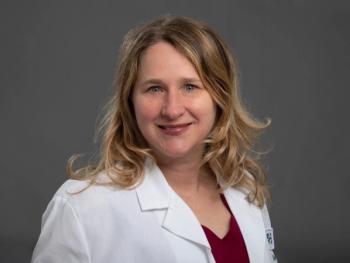
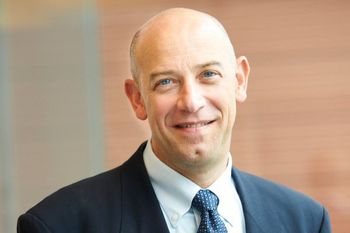
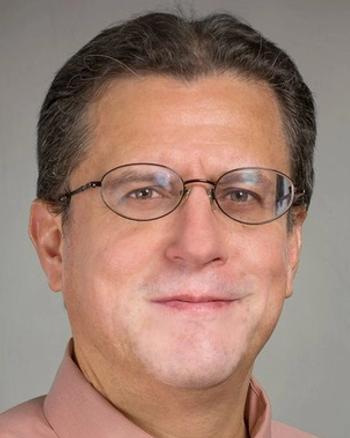

Kathryn Gold, MD, medical oncologist and associate professor of medicine at UC San Diego, who is a member of the NCCN guidelines panel for small-cell lung cancer, gives insight into the guidelines and the importance of frequent updates.
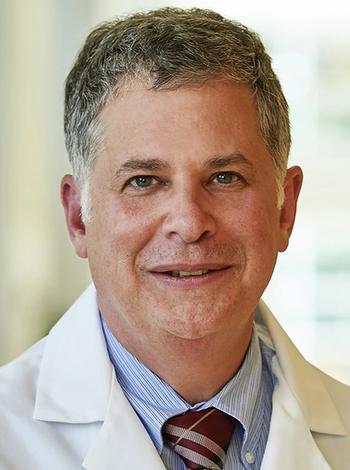
Martin J. Edelman, MD, chair of the Department of Hematology/Oncology and associate director for Translational Research at the Fox Chase Cancer Center in Philadelphia, Pennsylvania, discusses the the nuances of rescinded indications in small-cell lung cancer.

Davey Daniel, MD, an oncologist with Tennessee Oncology in Chattanooga, spoke with The American Journal of Managed Care® (AJMC®) about the withdrawal of indications in small cell lung cancer (SCLC) for the PD-1 inhibitors pembrolizumab and nivolumab.

Apar Kishor Ganti, MD, chair of the National Comprehensive Cancer Network Guidelines panel in small cell lung cancer, explains the thinking behind several new recommendations.
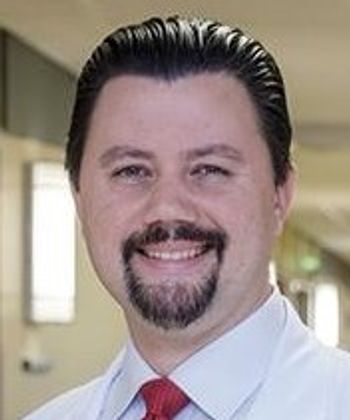
The chief of medical oncology and hematology at Bryn Mawr Hospital and associate principal investigator for Main Line Health's NCI Community Oncology Research Program discusses therapeutic advances along with ongoing challenges in enrolling patients with small cell lung cancer (SCLC) in clinical trials.

David J. Reeves, PharmD, BCOP, of Butler University discusses encouraging results from a recent trial, along with safety questions about the types of patients who weren't studied but are likely to have small cell lung cancer.

Tingting Tan, MD, PhD, a medical oncologist and lung cancer specialist at City of Hope, is an expert in molecular signaling pathways in tumor development and the mechanisms of chemotherapy resistance. She discussed how the treatment landscape in small cell lung cancer has shifted in the past 5 years, offering much more hope for patients.

Zhonglin Hao, MD, PhD, of the Markey Cancer Center at the University of Kentucky, answers questions about recently approved therapies in small cell lung cancer (SCLC) and current trials examining new treatment options.
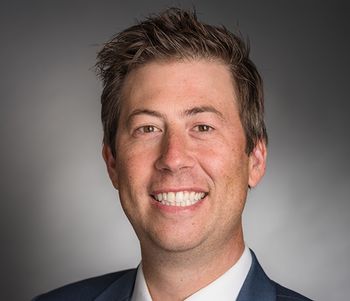
Jacob Sands, MD, who leads the small cell lung cancer research program at Dana-Farber Cancer Institute, speaks with The American Journal of Managed Care (AJMC®) about the need for more patients who meet the criteria for lung screening to catch cancer before it reaches an advanced stage.

Martin J. Edelman, MD, chair and professor, Department of Hematology/Oncology, and Deputy Cancer Center Director for Clinical Research, Fox Chase Cancer Center, Philadelphia, discusses barriers to clinical trial enrollment for patients with small cell lung cancer.
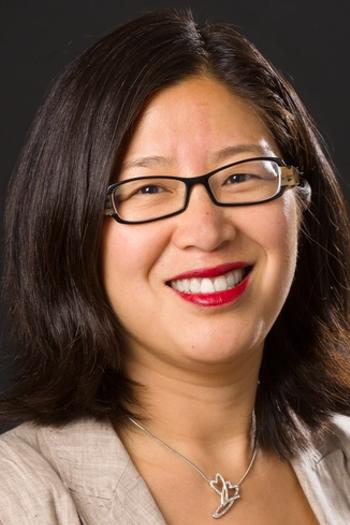
Anne Chiang, MD, PhD, an associate professor of medicine in the Section of Medical Oncology at Yale School of Medicine, specializes in thoracic oncology, with a background in translational research in metastasis. Chiang spoke with The American Journal of Managed Care® (AJMC®) about monitoring patients with SCLC, developing treatments for patients who relapse, and the importance of patient-reported outcomes (PROs).

Michael Shafique, MD, an assistant professor of thoracic oncology at Moffitt Cancer Center, spoke with The American Journal of Managed Care® about efforts to characterize small cell lung cancer (SCLC) into subtypes as well as the process for treatment selection in this disease.

Ryan Haumschild PharmD, MS, MBA, director of Pharmacy Services at Emory Healthcare and Winship Cancer Institute, spoke with AJMC® about health care resource utilization and clinical decision support in the care of patients with small cell lung cancer (SCLC).

Apar Kishor Ganti, MD, who chairs the Small Cell Lung Cancer Committee of the National Comprehensive Cancer Network, spoke with The American Journal of Managed Care® (AJMC®) about current issues in small cell lung cancer, including the need to include patients in clinical trials who are more representative of those in clinical practice.

Angel Qin, MD, clinical assistant professor of medicine at the University of Michigan, discusses the need for more clinical trials in small cell lung cancer and for more patients to qualify for trials.

Jason Porter, MD, medical oncologist and hematologist, West Cancer Center and Research Institute, Memphis, Tennessee, defines small cell lung cancer and the risk factors associated with it. With smoking as a major risk factor, diagnosis for small cell lung cancer is rare compared with non–small cell lung cancer and varies widely by region in the United States.

It is important to have a multidisciplinary approach in the treatment of patients with small cell lung cancer, according to Jason Porter, MD, medical oncologist and hematologist, West Cancer Center and Research Institute, Memphis, Tennessee. This team approach allows for early intervention with signs of relapse or progression.

Second-line treatments for small cell lung cancer are effective, but the outcomes are modest, explained Tom Stinchcombe, MD, medical oncologist, Duke Cancer Institute.

While patients with other diseases have benefitted from the use of biomarkers, the lack of a biomarker in small cell lung cancer remains a disappointment, said Tom Stinchcombe, MD, medical oncologist, Duke Cancer Institute.
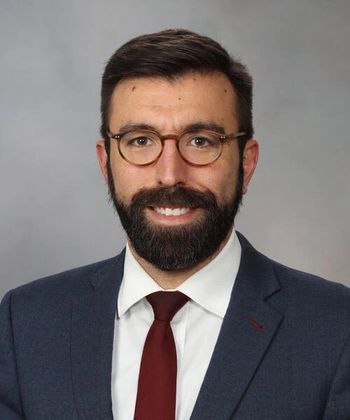
While some types of lung cancer have targeted therapies, there remains a need for identification of biomarkers to predict treatment response in small cell lung cancer (SCLC).

Small cell lung cancer (SCLC) needs to be treated quickly once diagnosed, said Konstantinos Leventakos, MD, PhD, assistant professor of oncology and medicine, Mayo Clinic, Rochester, Minnesota.



